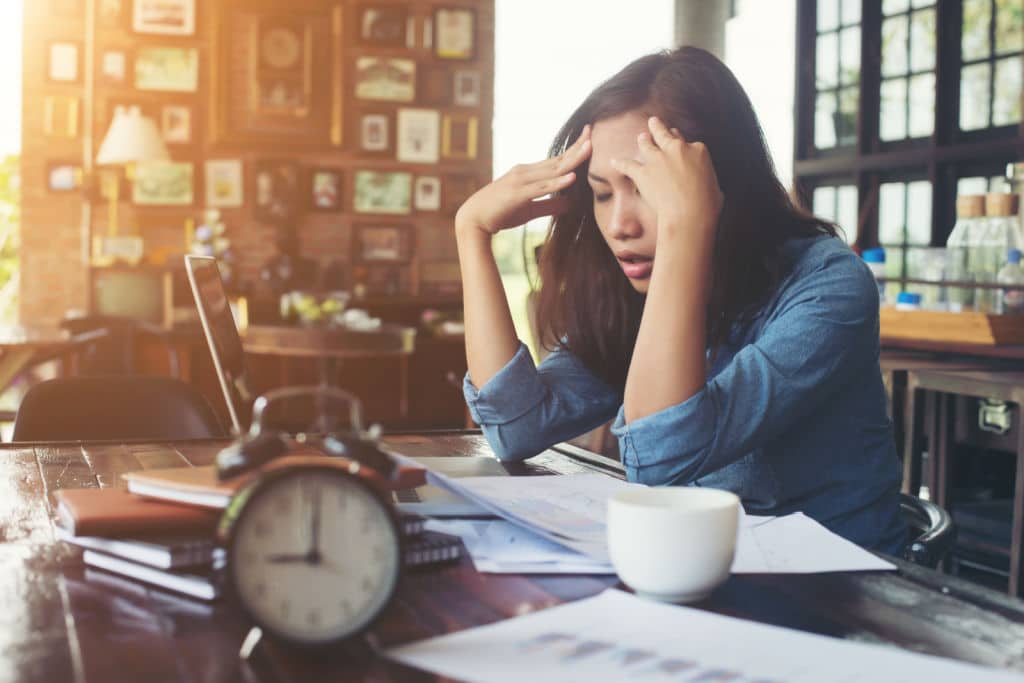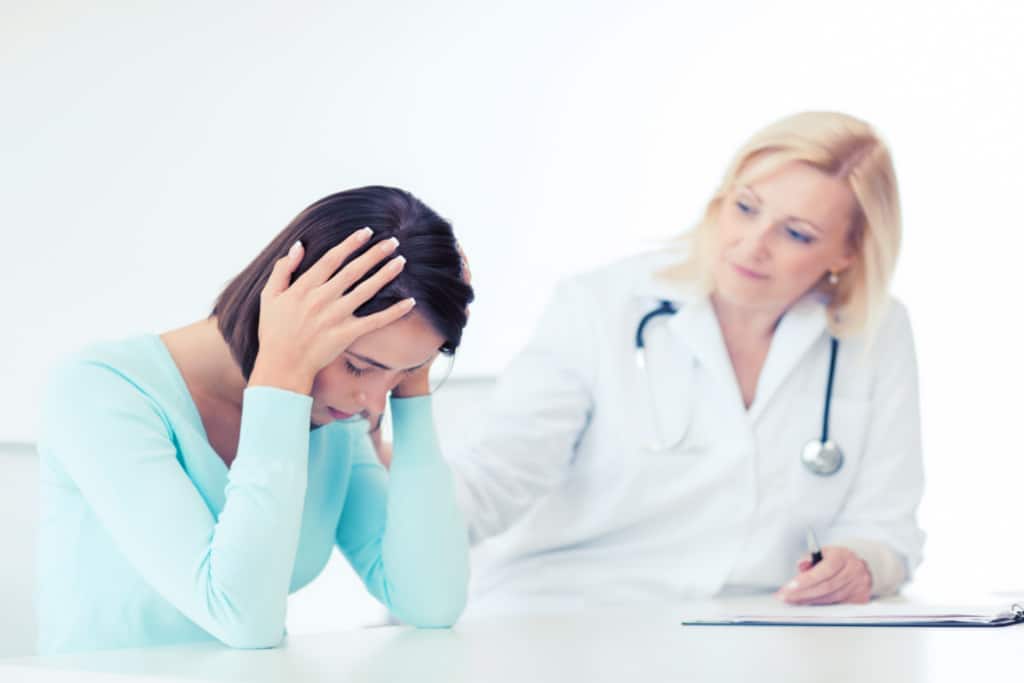A Look at Clinical Depression
Clinical depression is a disease that can range from mild, short-term sadness to a more serious, long-term state. The latter is often referred to as “major depression.”. It differs from normal sadness caused by loss, or by a medical condition. Many doctors use the criteria set out by the American Psychiatric Association to make a clinical depression diagnosis. Patients with clinical depression often exhibit noticeable problems in relationships and daily activities.
What are the types of depression?
Healthcare providers name depression types according to symptoms and causes. These episodes often have no obvious cause. In some people, they can linger much longer than in others for no clear reason.
Types of depression include:
- Major depressive disorder (MDD): Major depression (clinical depression) has intense or overwhelming symptoms that last longer than two weeks. These symptoms interfere with everyday life.
- Bipolar depression: People with bipolar disorder have alternating periods of low mood and extremely high-energy (manic) periods. During the low period, they may have depression symptoms such as feeling sad or hopeless or lacking energy.
- Perinatal and postpartum depression: “Perinatal” means around birth. Many people refer to this type as postpartum depression. Perinatal depression can occur during pregnancy and up to one year after having a baby. Symptoms go beyond “the baby blues,” which causes minor sadness, worry, or stress.
- Persistent depressive disorder (PDD): PDD is also known as dysthymia. Symptoms of PDD are less severe than major depression. But people experience PDD symptoms for two years or longer.
- Premenstrual dysphoric disorder (PMDD): Premenstrual dysphoric disorder is a severe form of premenstrual disorder (PMS). It affects women in the days or weeks leading up to their menstrual period.
- Psychotic depression: People with psychotic depression have severe depressive symptoms and delusions or hallucinations. Delusions are beliefs in things that are not based on reality, while hallucinations involve seeing, hearing, or feeling touched by things that aren’t actually there.
- Seasonal affective disorder (SAD): Seasonal depression, or seasonal affective disorder, usually starts in late fall and early winter. It often goes away during the spring and summer.

Treatment
If you’re looking for treatment for clinical depression, there are many options available. The first step is to determine which type of depression you’re experiencing. If you’re unsure, consult with a qualified professional. Depending on the cause of your depression, you may need specialized treatment, such as medication or therapy. The next step is to find the right therapist for you. This may include seeing a psychiatrist, psychologist, social worker, psychiatric nurse, or counselor. If you’re not sure where to find a professional, ask your doctor for recommendations. You can also contact the National Alliance for Mental Illness or the Depression and Bipolar Support Alliance for referrals. The Substance Abuse and Mental Health Services Administration also offers a treatment locator that you can use.

Often, a person suffering from depression feels hopeless about their future. They lose interest in the things they used to enjoy and are unable to look forward to a brighter future. They may experience insomnia, which can interfere with their daily activities. They may also resort to reckless behavior. Eventually, these symptoms will lead to a breakdown in self-care.
Treatment for clinical depression may also include pharmacologic treatment. Some pharmacological treatments, such as antidepressants, can help with symptoms of depression. A psychiatrist may prescribe a medication that works alongside therapy to treat the symptoms. During this therapy, the patient will learn healthy coping skills and strategies to deal with stress.
Symptoms
The symptoms of depression vary from person to person and can last for weeks, months, or even years. They can interfere with a person’s personal and social relationships and their ability to perform daily activities. In extreme cases, a person may become so depressed that they can’t eat, maintain hygiene, or even get out of bed. These symptoms are often caused by a life crisis, but can also happen randomly.
When diagnosed, clinical depression should be treated. Over 80 percent of people who suffer from depression successfully recover. There are many signs and symptoms of clinical depression, and a doctor can help you figure out which one is yours. The best way to treat it is to seek treatment from a trained professional, such as a psychiatrist.

While feeling sad or down is normal, clinical depression is a serious mood disorder that affects a person’s ability to function in daily life. A person with depression has a hard time focusing and is unable to remember information. This affects their ability to work or study and may cause them to make poor decisions.
Other signs of depression include fatigue, body aches, and headaches, and digestive difficulties. It may also affect a person’s ability to sleep, and may even lead to a decreased immune system. Clinical depression affects people of all ages and races. However, it’s more common in women than in men.
Causes
Clinical depression can be caused by a variety of factors, from genetics to lifestyle. People with a family history of depression are more likely to develop the disorder than people who do not. A stressful life event or the loss of a loved one is another common trigger. A person may also be more susceptible to depression if they have a history of abuse.
Depression is a serious illness that affects a person’s daily activities. It involves feelings of hopelessness and loss of interest in normal activities. Although it is a treatable illness, it can last for months or even years if not treated. For this reason, it is important to seek help for depression.

People with depression often have a hard time taking care of themselves, whether physically, mentally, or spiritually. They may feel guilty about not doing something that will help them feel better. However, it is important to remember that you need to take care of yourself as well as you can. Taking care of yourself and your family can alleviate some of the stress that can cause depression.
Clinical depression can be treated with various types of therapy. Cognitive-behavioral therapy, for example, teaches people how to recognize negative thoughts and replace them with more positive ones. Dialectical behavioral therapy, on the other hand, helps people learn how to control their feelings and get along better with other people. Another treatment method is acceptance and commitment therapy. This therapy teaches individuals to accept and deal with negative thoughts.

